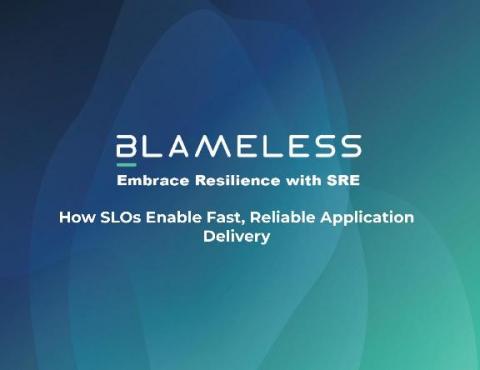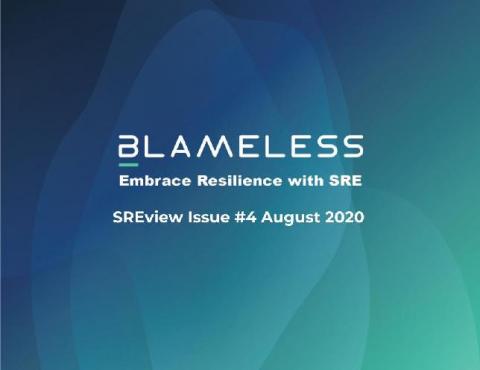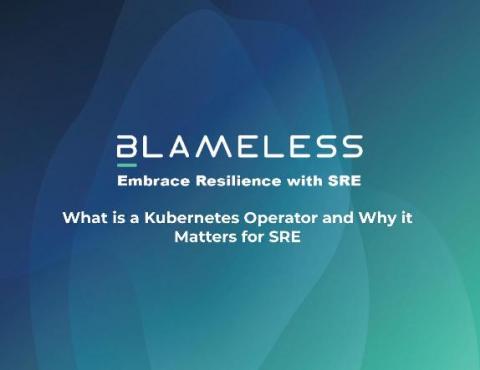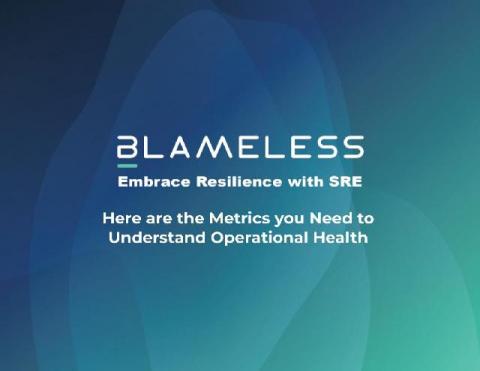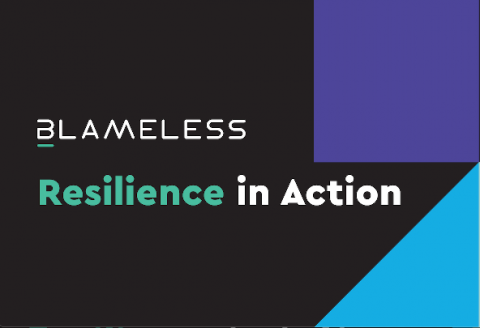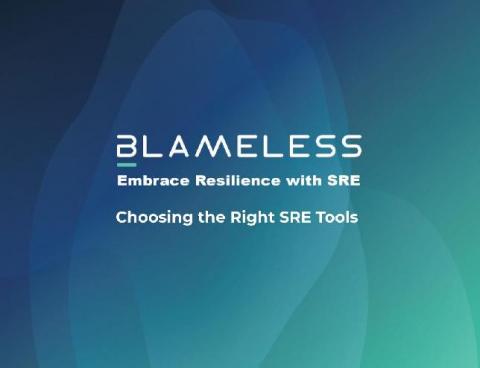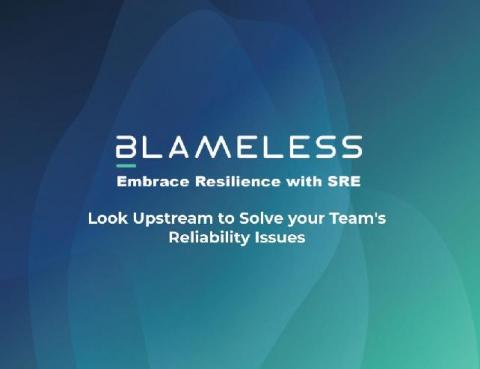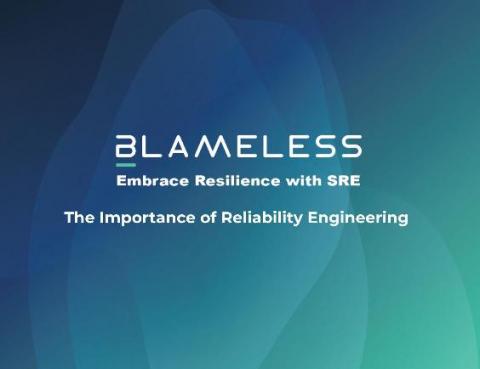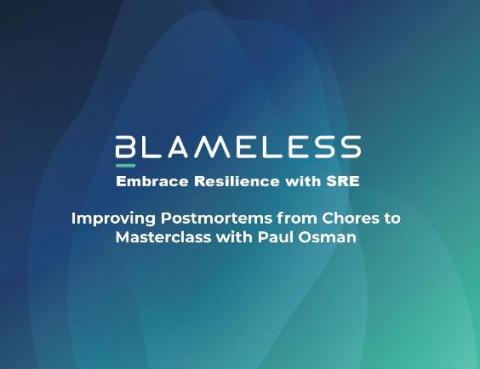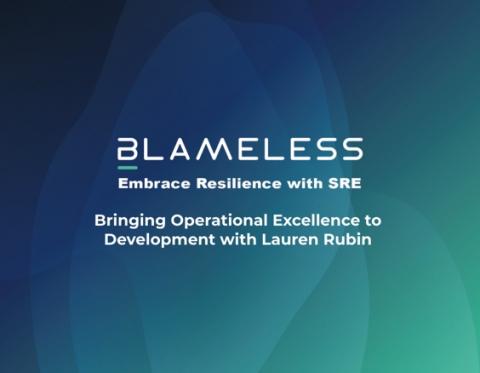How SLOs Enable Fast, Reliable Application Delivery
Application delivery is getting harder each day with the rise in complexity, the demand for services to be always-available, and the increasing pressure on teams to innovate. Service level objectives, or SLOs, can help. In this blog, we’ll discuss how SLOs are the key to modern application delivery, how to manage and measure them, the importance of observability for your SLO solution, and how to begin the journey to reliable application delivery today.


